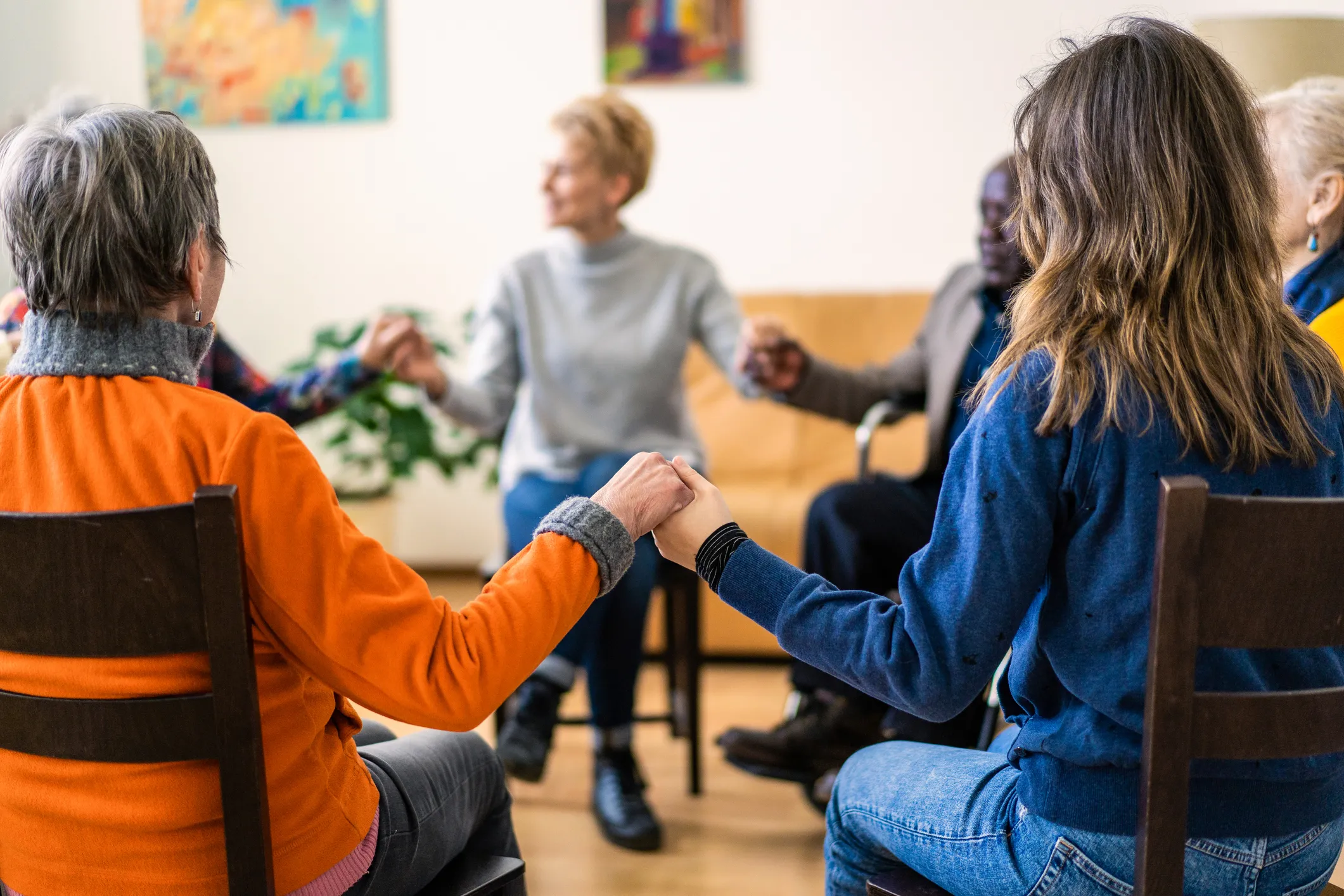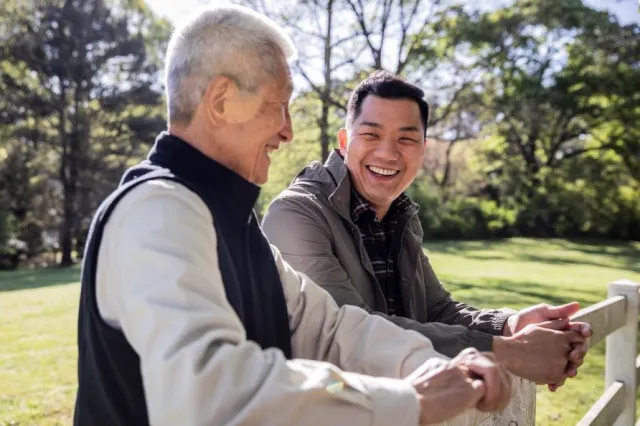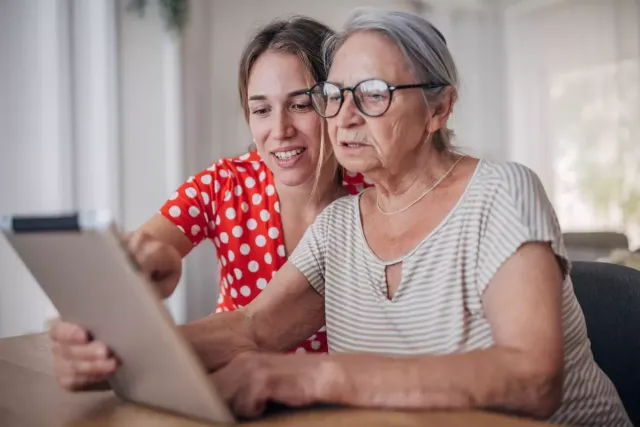
Become an Advocate
The Grassroots Network is a place where you make your voice heard at the local and national level to policymakers. Stay up to date and learn more about key issues that are important to patients with cancer and their loved ones.
Stand Up for People Impacted by Cancer
It’s estimated that, as of January 2022, there were 18.1 million cancer survivors in the United States (National Cancer Institute). This year, an additional 2 million people in the U.S. will be diagnosed with cancer (American Cancer Society).
Cancer disrupts the lives of our friends and loved ones, neighbors and colleagues, parents and families, children and their siblings. You can help. Together, we can ease the burden of this devastating disease.
When we rely on others to enact change that we want to see, we possess no agency in seeing those changes implemented. Your perspective and participation matter.

Cancer Advocacy: Your Questions Answered
What do cancer advocates do?
Cancer advocates work to educate the community and policymakers on important issues that affect people impacted by cancer. This can be done on a local, state, or federal level. Some examples of cancer advocacy include:
- Contacting legislators to voice support or opposition for an issue
- Educating friends and family on issues
- Voting
- Participating in a health-related activity in your community
- Sharing your story on social media
- Attending a local town hall meeting
- Staying informed and aware of issues that are important to you
Who can become a cancer advocate?
Anyone can be a cancer advocate. Anyone passionate about making a difference in the lives of people impacted by cancer can help change laws and policies that affect cancer patients, survivors, and caregivers. Although advocacy may seem intimidating, it’s important to remember that big waves can be made from small ripples.
How do cancer advocates help people who have been impacted by cancer?
When policymakers are educated about issues that affect people with cancer, and when policies are created or changed, it impacts the lives of the nearly 17 million cancer survivors across the country. Advocacy can lead to increased access to high-quality and affordable medical, social, and emotional care. It can also lead to improved prevention and early detection and help reduce health disparities.




Cancer Cachexia in Focus
We held a virtual meeting focused on listening to and learning from patient and caregiver perspectives on living with cancer cachexia.